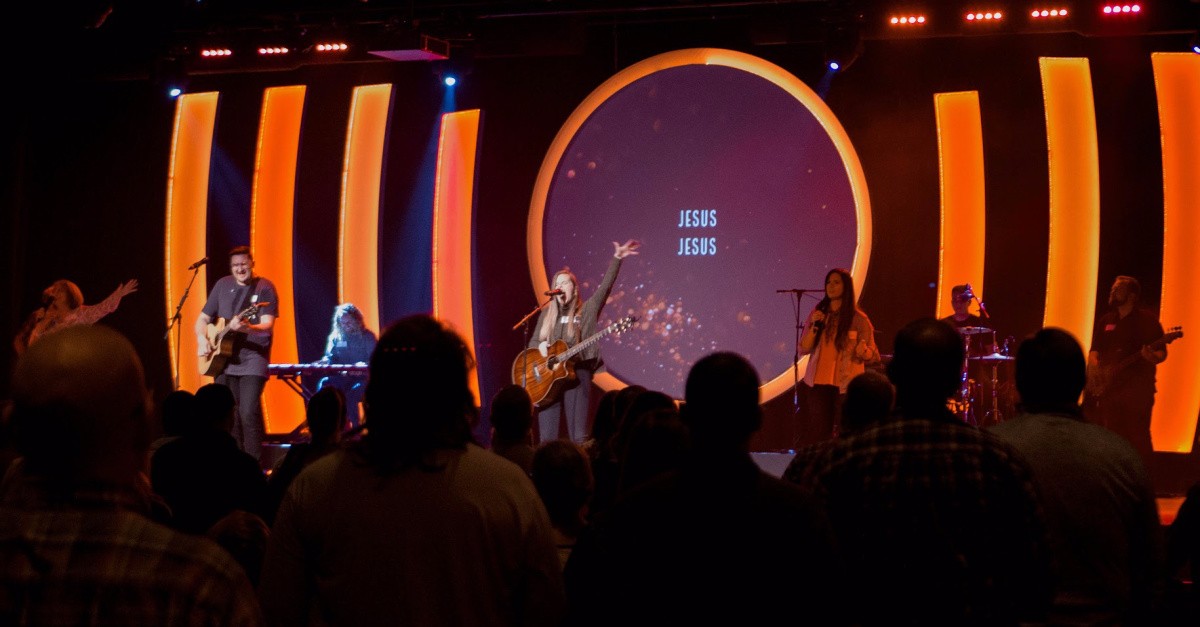In Ephesians 5:18-20 the Apostle Paul wrote:
“…be filled with the Spirit. Speak to one another in psalms, hymns, and spiritual songs, singing and making melody in your heart to the Lord. Give thanks always for all things to God the Father in the name of our Lord Jesus Christ…”
In the Christian tradition, “Psalms” are understood to be those songs based clearly and exclusively on the book of Psalms or songs written throughout the Bible. “Hymns” are those songs written from or about the Word of God where the Scriptural context is clear.
The term “spiritual songs” originates from the Hebrew word for praise, “tehillah,” which is translated as a “new song” that is unique and personal to you. In fact, tehillah praise is, specifically, a “spiritual song” you spontaneously write from your spirit and sing to the spirit of God in your private times of worship.
Each of these has a place in corporate worship service, but the harsh reality is that when it comes time to choose songs for church, many worship leaders look for what is popular over what is praise.
Ask this: Does this song minister thanksgiving to the Lord as a Psalm, hymn, or spiritual song?
God’s design for praise and worship is infused with power, but too many churches simply accept that just because a song is emotionally moving or popular, that it is anointed worship. That simply isn’t true, Scripturally speaking.
In fact, no words anyone could ever write will hold more power than God’s own Word. God partners with His Word and that’s why songs of praise and worship must reflect agreement with His Word.
Photo Credit: Zack Smith/Unsplash







